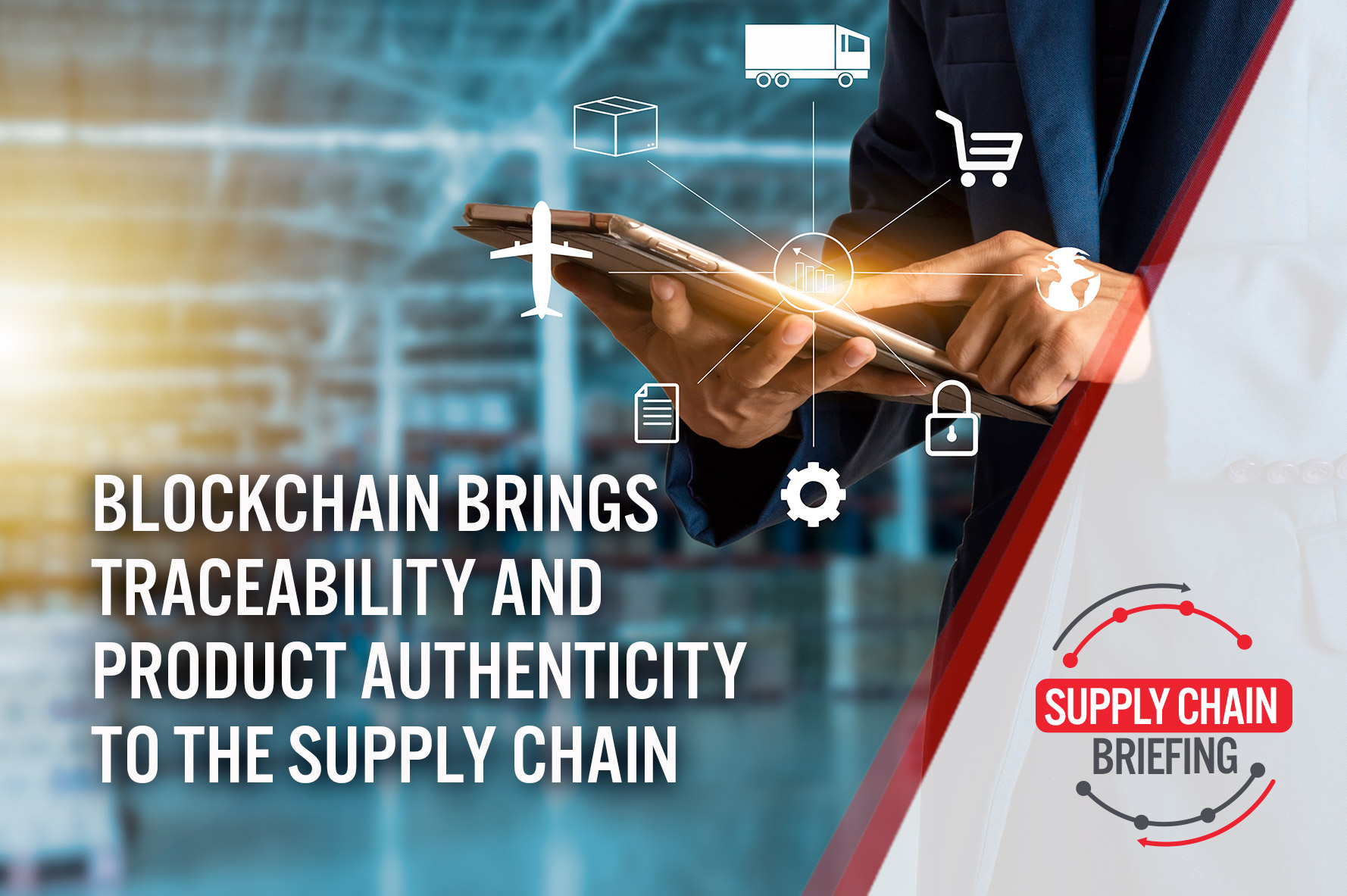
DIpil Das
[caption id="attachment_90341" align="aligncenter" width="700"]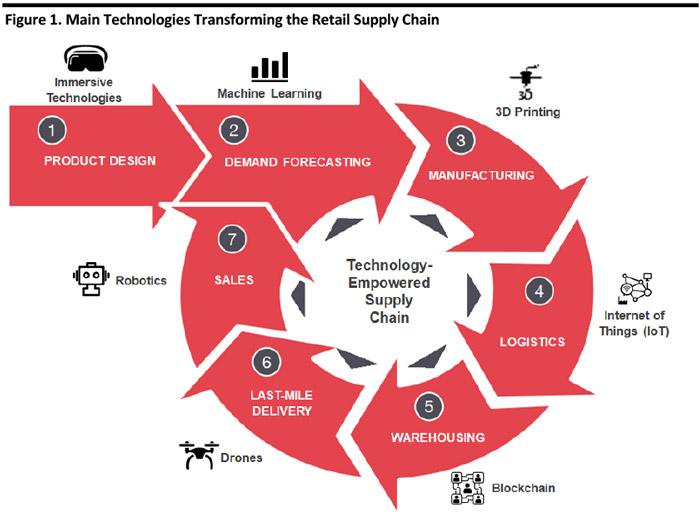 Source: Coresight Research[/caption]
The blockchain is a distributed ledger technology that securely records transactions in a decentralized network using cryptography in a verifiable and permanent way. As the database is open to all participants and each user has a copy, the technology minimizes the risk of a single point of failure and increases the overall security of the system. The blockchain also eliminates the need for third-party verification and enables real-time information exchange. It is estimated that the blockchain supply chain market will grow from $145.0 million in 2018 to $3.31 billion by 2023, according to market research company MarketsandMarkets.
Below, we outline industrial applications of blockchain technology and the benefits that the technology can bring to different companies.
Blockchain Enhances Traceability Throughout the Supply Chain and Enhances Consumer Confidence
Blockchain technology allows different partners in the supply chain to track items accurately throughout the product cycle. French retailer Carrefour used blockchain technology for Carrefour Quality Line (CQL) micro-filtered full-fat milk, a new product launched in March 2019. With the technology, consumers can see the GPS coordinates of farmers collecting the animals’ milk, learn about when the milk was collected and packaged – and learn about stakeholders involved in the product line. Emmanuel Delerm, Carrefour’s Director of Blockchain Projects, claimed when the technology was used to track meat, milk and fruit from farm to supermarket, it increased sales of these products.
[caption id="attachment_90344" align="aligncenter" width="700"]
Source: Coresight Research[/caption]
The blockchain is a distributed ledger technology that securely records transactions in a decentralized network using cryptography in a verifiable and permanent way. As the database is open to all participants and each user has a copy, the technology minimizes the risk of a single point of failure and increases the overall security of the system. The blockchain also eliminates the need for third-party verification and enables real-time information exchange. It is estimated that the blockchain supply chain market will grow from $145.0 million in 2018 to $3.31 billion by 2023, according to market research company MarketsandMarkets.
Below, we outline industrial applications of blockchain technology and the benefits that the technology can bring to different companies.
Blockchain Enhances Traceability Throughout the Supply Chain and Enhances Consumer Confidence
Blockchain technology allows different partners in the supply chain to track items accurately throughout the product cycle. French retailer Carrefour used blockchain technology for Carrefour Quality Line (CQL) micro-filtered full-fat milk, a new product launched in March 2019. With the technology, consumers can see the GPS coordinates of farmers collecting the animals’ milk, learn about when the milk was collected and packaged – and learn about stakeholders involved in the product line. Emmanuel Delerm, Carrefour’s Director of Blockchain Projects, claimed when the technology was used to track meat, milk and fruit from farm to supermarket, it increased sales of these products.
[caption id="attachment_90344" align="aligncenter" width="700"]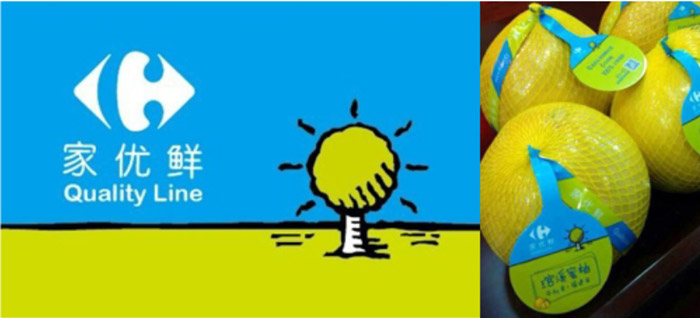 Guanxi Honey Pomelo, a Carrefour Quality Line product
Guanxi Honey Pomelo, a Carrefour Quality Line product
Source: Carrefour [/caption] In April 2018, Alibaba Cloud implemented blockchain technology in its Tmall Luxury Pavilion business, which is dedicated to the sale of high-end brands. Using blockchain, Tmall Luxury Pavilion can record data such as raw materials used and marketing processes onto each item’s unique blockchain identifier, and consumers can then trace items on the Tmall Luxury Pavilion website or scan the product QR code to view details including the blockchain code, product origin and other details. Alibaba is also leveraging blockchain technology to enhance consumer confidence for its food products. In May 2018, Alibaba and four Australian and New Zealand companies jointly introduced a food-tracking system named Food Trust Framework based on blockchain technology, which can detect fake ingredients, substitution or spoilage much faster, offering greater consumer confidence. Blockchain Facilitates Verification of Product Authenticity Louis Vuitton and Christian Dior, brands of the LVMH Group, teamed up with Microsoft and ConsenSys to build blockchain-powered platform Aura, which lets consumers to verify the authenticity of luxury goods, according to a news release by Consensys in May 2019. With Aura, consumers can access product history and proof of authenticity for luxury goods from raw materials up to the point of sale, all via the LVMH app. [caption id="attachment_90345" align="aligncenter" width="518"]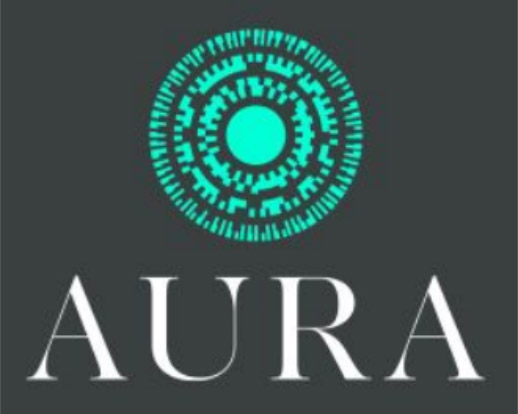 Aura
Aura
Source: ConsenSys [/caption] William Grant & Sons’ whisky brand Ailsa Bay launched an innovative blockchain-verified whisky in March in a bid to provide authenticity and traceability. Once the whisky is distilled, the company collects relevant information about that batch, such as cask type, filling dates and bottling dates. The company loads the data to a blockchain network managed by blockchain technology company Arc-Net. Customers can scan a QR code on the whisky bottles. Customers can scan the QR code on the whisky bottle to access information about the bottle they are buying. [caption id="attachment_90348" align="aligncenter" width="464"]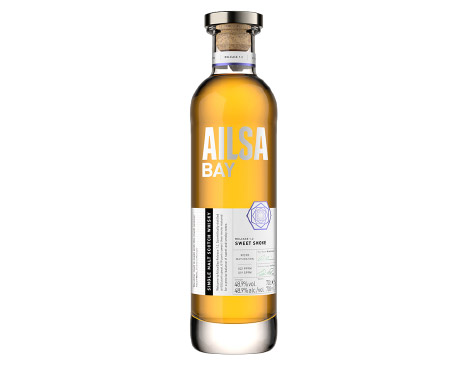 Ailsa Bay
Ailsa Bay
Source: Ailsa Bay [/caption] Blockchain Improves Customer Experience with Automated Retail In April, Civic Network announced it will release its blockchain-empowered Civic Pay app to enable vending machine partners to combine identity verification, QR code mobile payments and loyalty rewards into a single transaction, providing a better customer payment experience. With the Civic Pay app, once users are verified with a one-time ID check by presenting proof of date of birth, they can use the same verification over and over again to purchase age-restricted items such as alcohol, use the app to pay and collect loyalty rewards – providing a more seamless experience. [caption id="attachment_90349" align="aligncenter" width="700"]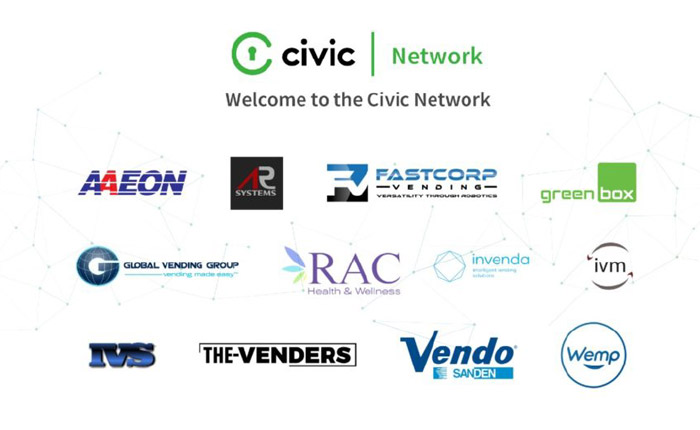 Civic Network and its vending machine partners
Civic Network and its vending machine partners
Source: Civic Network [/caption] Key Insights and Implications for Retailers Blockchain is a promising technology that offers improvement to retailers’ supply chains through better traceability of products, prevention of counterfeiting and improved customer experience. We are seeing retail focus on food products and luxury goods, where provenance and traceability are more important. With further advancements and lower costs in blockchain technology, we expect to see wider adoption in the coming years.
 Source: Coresight Research[/caption]
The blockchain is a distributed ledger technology that securely records transactions in a decentralized network using cryptography in a verifiable and permanent way. As the database is open to all participants and each user has a copy, the technology minimizes the risk of a single point of failure and increases the overall security of the system. The blockchain also eliminates the need for third-party verification and enables real-time information exchange. It is estimated that the blockchain supply chain market will grow from $145.0 million in 2018 to $3.31 billion by 2023, according to market research company MarketsandMarkets.
Below, we outline industrial applications of blockchain technology and the benefits that the technology can bring to different companies.
Blockchain Enhances Traceability Throughout the Supply Chain and Enhances Consumer Confidence
Blockchain technology allows different partners in the supply chain to track items accurately throughout the product cycle. French retailer Carrefour used blockchain technology for Carrefour Quality Line (CQL) micro-filtered full-fat milk, a new product launched in March 2019. With the technology, consumers can see the GPS coordinates of farmers collecting the animals’ milk, learn about when the milk was collected and packaged – and learn about stakeholders involved in the product line. Emmanuel Delerm, Carrefour’s Director of Blockchain Projects, claimed when the technology was used to track meat, milk and fruit from farm to supermarket, it increased sales of these products.
[caption id="attachment_90344" align="aligncenter" width="700"]
Source: Coresight Research[/caption]
The blockchain is a distributed ledger technology that securely records transactions in a decentralized network using cryptography in a verifiable and permanent way. As the database is open to all participants and each user has a copy, the technology minimizes the risk of a single point of failure and increases the overall security of the system. The blockchain also eliminates the need for third-party verification and enables real-time information exchange. It is estimated that the blockchain supply chain market will grow from $145.0 million in 2018 to $3.31 billion by 2023, according to market research company MarketsandMarkets.
Below, we outline industrial applications of blockchain technology and the benefits that the technology can bring to different companies.
Blockchain Enhances Traceability Throughout the Supply Chain and Enhances Consumer Confidence
Blockchain technology allows different partners in the supply chain to track items accurately throughout the product cycle. French retailer Carrefour used blockchain technology for Carrefour Quality Line (CQL) micro-filtered full-fat milk, a new product launched in March 2019. With the technology, consumers can see the GPS coordinates of farmers collecting the animals’ milk, learn about when the milk was collected and packaged – and learn about stakeholders involved in the product line. Emmanuel Delerm, Carrefour’s Director of Blockchain Projects, claimed when the technology was used to track meat, milk and fruit from farm to supermarket, it increased sales of these products.
[caption id="attachment_90344" align="aligncenter" width="700"] Guanxi Honey Pomelo, a Carrefour Quality Line product
Guanxi Honey Pomelo, a Carrefour Quality Line product Source: Carrefour [/caption] In April 2018, Alibaba Cloud implemented blockchain technology in its Tmall Luxury Pavilion business, which is dedicated to the sale of high-end brands. Using blockchain, Tmall Luxury Pavilion can record data such as raw materials used and marketing processes onto each item’s unique blockchain identifier, and consumers can then trace items on the Tmall Luxury Pavilion website or scan the product QR code to view details including the blockchain code, product origin and other details. Alibaba is also leveraging blockchain technology to enhance consumer confidence for its food products. In May 2018, Alibaba and four Australian and New Zealand companies jointly introduced a food-tracking system named Food Trust Framework based on blockchain technology, which can detect fake ingredients, substitution or spoilage much faster, offering greater consumer confidence. Blockchain Facilitates Verification of Product Authenticity Louis Vuitton and Christian Dior, brands of the LVMH Group, teamed up with Microsoft and ConsenSys to build blockchain-powered platform Aura, which lets consumers to verify the authenticity of luxury goods, according to a news release by Consensys in May 2019. With Aura, consumers can access product history and proof of authenticity for luxury goods from raw materials up to the point of sale, all via the LVMH app. [caption id="attachment_90345" align="aligncenter" width="518"]
 Aura
Aura Source: ConsenSys [/caption] William Grant & Sons’ whisky brand Ailsa Bay launched an innovative blockchain-verified whisky in March in a bid to provide authenticity and traceability. Once the whisky is distilled, the company collects relevant information about that batch, such as cask type, filling dates and bottling dates. The company loads the data to a blockchain network managed by blockchain technology company Arc-Net. Customers can scan a QR code on the whisky bottles. Customers can scan the QR code on the whisky bottle to access information about the bottle they are buying. [caption id="attachment_90348" align="aligncenter" width="464"]
 Ailsa Bay
Ailsa Bay Source: Ailsa Bay [/caption] Blockchain Improves Customer Experience with Automated Retail In April, Civic Network announced it will release its blockchain-empowered Civic Pay app to enable vending machine partners to combine identity verification, QR code mobile payments and loyalty rewards into a single transaction, providing a better customer payment experience. With the Civic Pay app, once users are verified with a one-time ID check by presenting proof of date of birth, they can use the same verification over and over again to purchase age-restricted items such as alcohol, use the app to pay and collect loyalty rewards – providing a more seamless experience. [caption id="attachment_90349" align="aligncenter" width="700"]
 Civic Network and its vending machine partners
Civic Network and its vending machine partners Source: Civic Network [/caption] Key Insights and Implications for Retailers Blockchain is a promising technology that offers improvement to retailers’ supply chains through better traceability of products, prevention of counterfeiting and improved customer experience. We are seeing retail focus on food products and luxury goods, where provenance and traceability are more important. With further advancements and lower costs in blockchain technology, we expect to see wider adoption in the coming years.